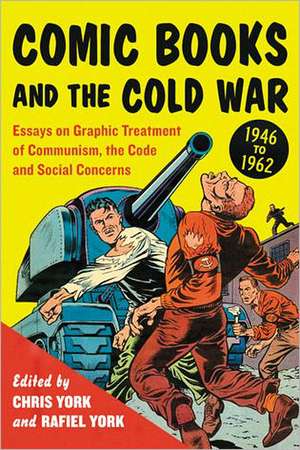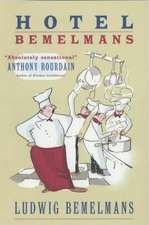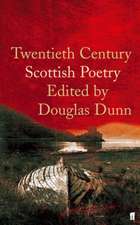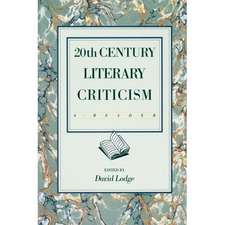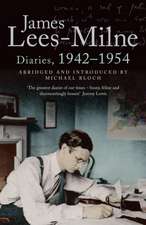Comic Books and the Cold War, 1946-1962: Essays on Graphic Treatment of Communism, the Code and Social Concerns
Editat de Chris York, Rafe Yorken Limba Engleză Paperback – 30 apr 2012
Conventional wisdom holds that comic books of the post-World War II era are poorly drawn and poorly written publications, notable only for the furor they raised. Contributors to this thoughtful collection, however, demonstrate that these comics constitute complex cultural documents that create a dialogue between mainstream values and alternative beliefs that question or complicate the grand narratives of the era. Close analysis of individual titles, including EC comics, Superman, romance comics, and other, more obscure works, reveals the ways Cold War culture--from atomic anxieties and the nuclear family to communist hysteria and social inequalities--manifests itself in the comic books of the era. By illuminating the complexities of mid-century graphic novels, this study demonstrates that postwar popular culture was far from monolithic in its representation of American values and beliefs.
Preț: 234.50 lei
Nou
44.87€ • 46.97$ • 37.35£
Carte tipărită la comandă
Livrare economică 31 martie-14 aprilie
Specificații
ISBN-10: 0786449810
Pagini: 231
Dimensiuni: 150 x 226 x 15 mm
Greutate: 0.32 kg
Ediția:New.
Editura: McFarland & Company
